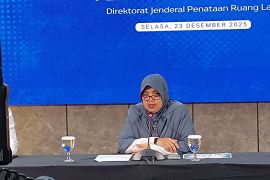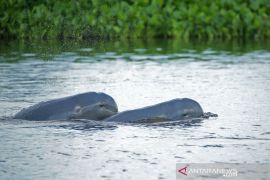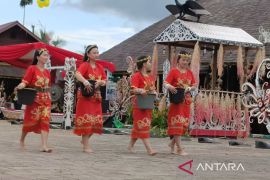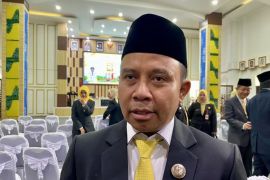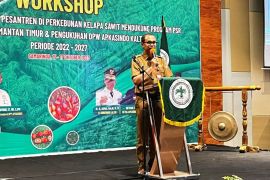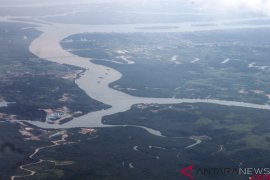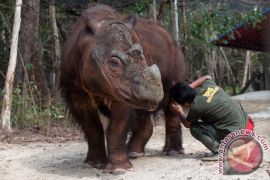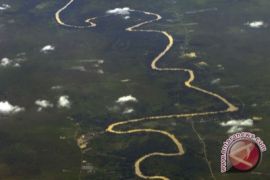"All along, we have been cooperating with various institutes and universities in several countries,including Australia for the improvement of education. This time we will work with the Kilmore International School (KIS) in Victoria, Australia," East Kalimantan Vice Governor Farid Wadjdy said here Tuesday.
The cooperation with Australia which was done before, among other things was with the University of Adelaide for the improvement of quality and competence in the field of health and education.
In addition with such educational or assistance institution as Austrining for the establishment of international school in East Kalimantan.
The cooperation with Australia also performed with the Northern Territory state on animal husbandry and agricultural technology fields, Farid explained.
The Kilmore International School is one of the Australian educational institutions that will deliver the student graduates from high school in East Kalimantan to continue their education at major universities in Australia.
The cooperation plan aimed to speeding the attainment of development and improvement of human resources in East Kalimantan so it has good quality and high competitiveness with other regions.
The development of education in East Kalimantan is not only in the form of physical one but also non-physical education so that the access will be bigger in the future, Farid said.
According to him, the education results can not be seen in the near future but it is a long-term investment. This is because the educational activities produce human resource development, progress and welfare which can be looked in the future.
Meanwhile, the international program general manager of The Kilmore International School, Wendy Khoo said, the institution had a lot of cooperation with other states.
Wendy is optimistic that KIS will be able to establish cooperation with the East Kalimantan administration because this province has a very large commitment to the develop its qualified human resources.
In addition this cooperation will certainly make and open up opportunities for students in East Kalimantan to obtain a broader education in other developed countries.
(KR-LWA)
Editor: Aditia Maruli Radja
Copyright © ANTARA 2011
